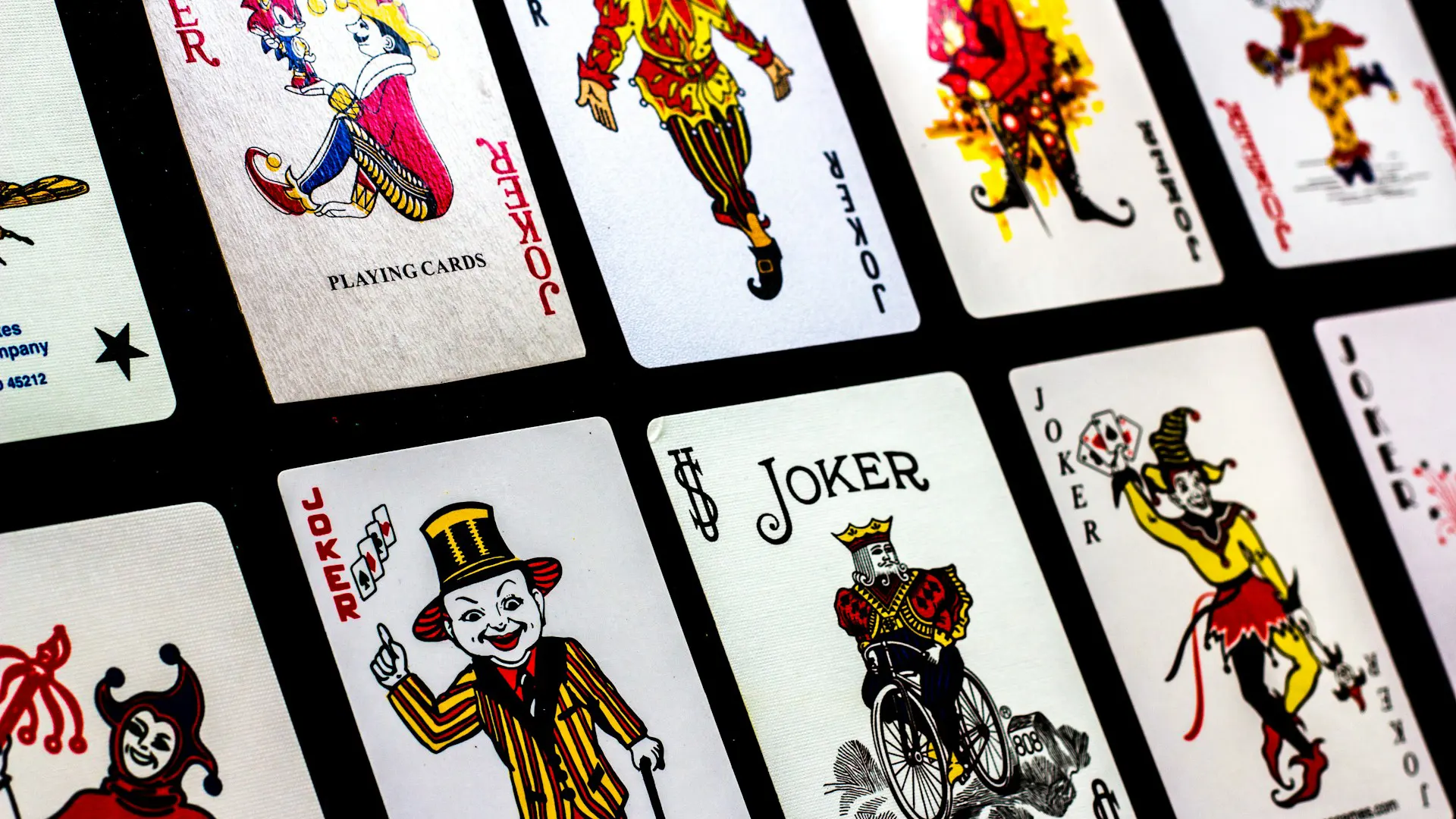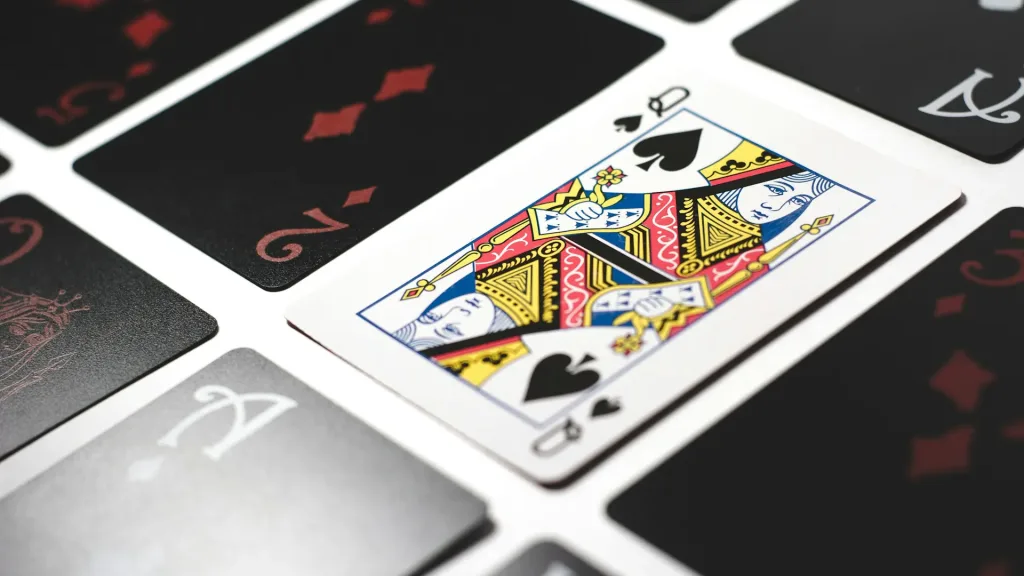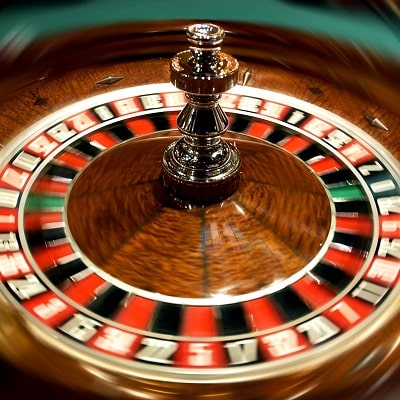The basics of mathematical strategies in blackjack: Tips for winning

Blackjack is one of the most popular card games in casinos, and it’s a game where players must rely not just on luck, but also on a sound mathematical strategy. While the game involves an element of chance, implementing the right strategies can significantly improve your odds of winning in the long run. This article explores the fundamental mathematical strategies for Blackjack and how they can be used to increase your chances of success over time.
The Importance of Mathematical Strategies in Blackjack
Mathematical strategies in Blackjack are not just tips or tricks, but scientifically proven methods that can help minimize the impact of randomness on the game’s outcome. Unlike many other casino games, Blackjack is one of the few where players have the potential to gain an edge over the house, thanks to strategy. Understanding probabilities, card counting, and basic strategy can all help a player determine when to bet higher, when to stand, or when to take a risk. The core principle of Blackjack revolves around knowing the odds, and mathematical strategies help guide these decisions. In fact, proper application of mathematical strategies can turn the game into a test of skill, rather than a mere gamble. Players who master these strategies are better equipped to face the odds and increase their long-term profitability.
How Mathematics Can Change Your Game
Mathematics helps improve your odds of winning at Blackjack by calculating probabilities and helping you make informed decisions. One of the most fundamental strategies is the basic strategy, which provides guidance on when to “hit” (take a card), “stand” (keep your current hand), “double down” (double your bet), or “split” (separate pairs). Basic strategy is based on statistical analysis, ensuring that every decision you make has the highest possible probability of success. This strategy can be used by players of all experience levels and is a key component of more advanced strategies, such as card counting. By understanding and consistently applying basic strategy, a player can reduce the house edge significantly.
Key Strategies for Blackjack
There are several strategies that can improve a player’s chances of winning in Blackjack. Each strategy has a specific purpose and is applied depending on the situation at the table. Knowing when to use each of these strategies is vital for success. While some strategies are more advanced, even beginners can benefit from learning the fundamentals.
Why Card Counting is Effective
One of the most well-known and effective strategies in Blackjack is card counting. Card counting allows players to track which cards have already been dealt, providing valuable insight into which cards remain in the deck. When there are more high cards (10s, Jacks, Queens, Kings, Aces) remaining in the deck, the player has a higher chance of receiving a favorable card. This information allows players to adjust their bets accordingly, betting more when the deck is in their favor. Card counting can be incredibly effective, but it also requires significant focus and practice. There are several card-counting systems, such as Hi-Lo, KO, and Zen Count, each with its advantages and challenges. However, it’s important to note that casinos are aware of card counting and may take countermeasures, such as using multiple decks or frequently reshuffling, making it harder to implement this strategy successfully.

How to Apply Strategies in Practice
Understanding mathematical strategies is only half the battle. The psychological aspect of Blackjack is just as important. A successful Blackjack player needs to stay calm and disciplined, making calculated decisions without being swayed by emotions. This ability to manage one’s behavior, combined with mathematical knowledge, is key to long-term success at the game.
The Psychology of the Game and Its Role in Winning
Psychology plays a crucial role in Blackjack. While knowing the strategies is essential, controlling your emotions and making clear-headed decisions under pressure is just as important. Successful players are able to maintain a calm demeanor, especially when facing adversity or a losing streak. In contrast, players who let frustration or excitement dictate their actions are more likely to make poor decisions and lose their bankroll. Moreover, managing your bankroll is a vital skill. Setting limits on your bets and adjusting your wagers based on your success (or lack thereof) will help prevent large losses. Many players are tempted to increase their bet size after a series of losses in the hope that the tide will turn, but this can quickly lead to catastrophic losses. Maintaining discipline and sticking to a well-thought-out strategy is the key to managing risks. In addition, some psychological traps can undermine a player’s success. For example, the “chasing losses” mentality can lead to players trying to recover lost money by making larger and riskier bets. The best players know when to walk away and stick to their strategy, regardless of the outcome of individual hands.



